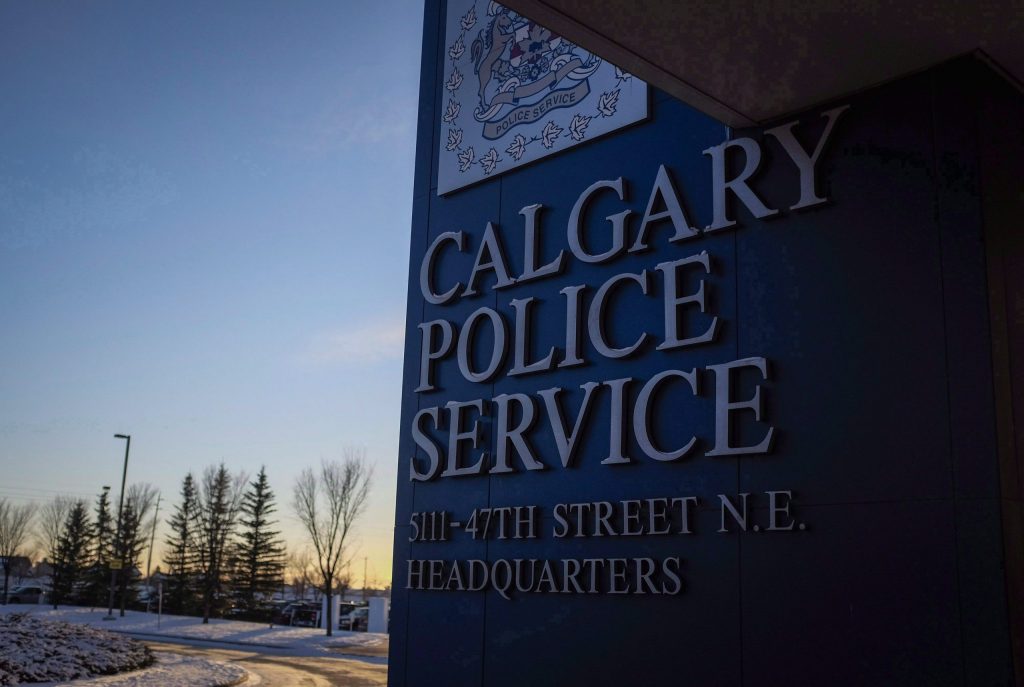Less justice, more support: CPS touts Housing First data for homeless
Posted May 31, 2017 12:18 pm.
This article is more than 5 years old.
Less days in jail and in hospital.
Those are the findings from the Calgary Police Safe Communities and Resource Centre (SORCe), after tracking more than 400 clients over a 12-month period.
The Housing First strategy consists of SORCe working with almost 20 community agencies to assess clients for addiction, mental health and other issues, instead of the alternative of just putting them behind bars.
Executive Director and Staff Sgt. Frank Cattoni said it’s further proof the approach is working.
“There is nothing you can do to enforce your way out of mental health, addiction and homelessness,” he said. “Taking those people off the street and saying we’re going to stabilize you, we’re going to put you in some programming and we’re going to make sure you get some help so that you’re not constantly interacting with the justice systems or with the health systems.”
At a recent Calgary Police Commission meeting, Cattoni presented data from April 2015 to March 2016, showing their clients experienced:
-82 per cent reduction in days in jail
-79 per cent reduction in days in hospital
-73 per cent reduction in police interactions
-61 per cent reduction in EMS usage
-61 per cent reduction in emergency room visits
-44 per cent reduction in court appearances
Calgary Homeless Foundation VP of Strategy, Kevin McNichol, said the information is critical.
“I’d say it’s more than promising,” he said. “It confirms what we knew when we started the plan and pursuing Housing First as the fundamental principle in which we were going to ground all of our work to address homelessness in the city.”
The CHF is a major partner with SORCe, which started in 2009, and there’s been a lot of effort of establishing communication and collaboration protocols.
“It’s totally worth it in the end,” McNichol said.
The old system of ticketing and processing people through the justice system not only kept them in a perpetual state of homelessness, but also left a huge cost to public services, Cattoni said.
He cites the example of Randy, considered a ‘super-system’ user from over 20 years ago, who Cattoni interacted with when he was a sergeant in District 1.
Cattoni said over time, he racked up $93,000 in tickets, 3,000 documented contacts with police and tons of community and mental health orders.
“This guy has probably cost us in the range of $2 to $2.5 million just in police resources, that is one person,” he said.
But he also cites a recent example of a young woman who was brought into SORCe, struggling with addiction and involved in the sex trade.
She was connected with a mental health clinician to deal with trauma from her early life and an addictions counsellor.
“Within two weeks she was off the street, housed, stabilized and in a program getting counselling,” he said.
With SORCe located at the City Hall LRT platform, the next step is a new addictions clinic opening right next door, run by Alberta Health Services.
There’s also plans to open an Indigenous support centre, which Cattoni said despite making up 2.5 per cent of the overall population, is over 30 per cent of the homeless one.










